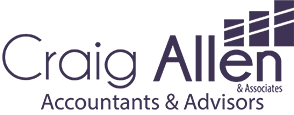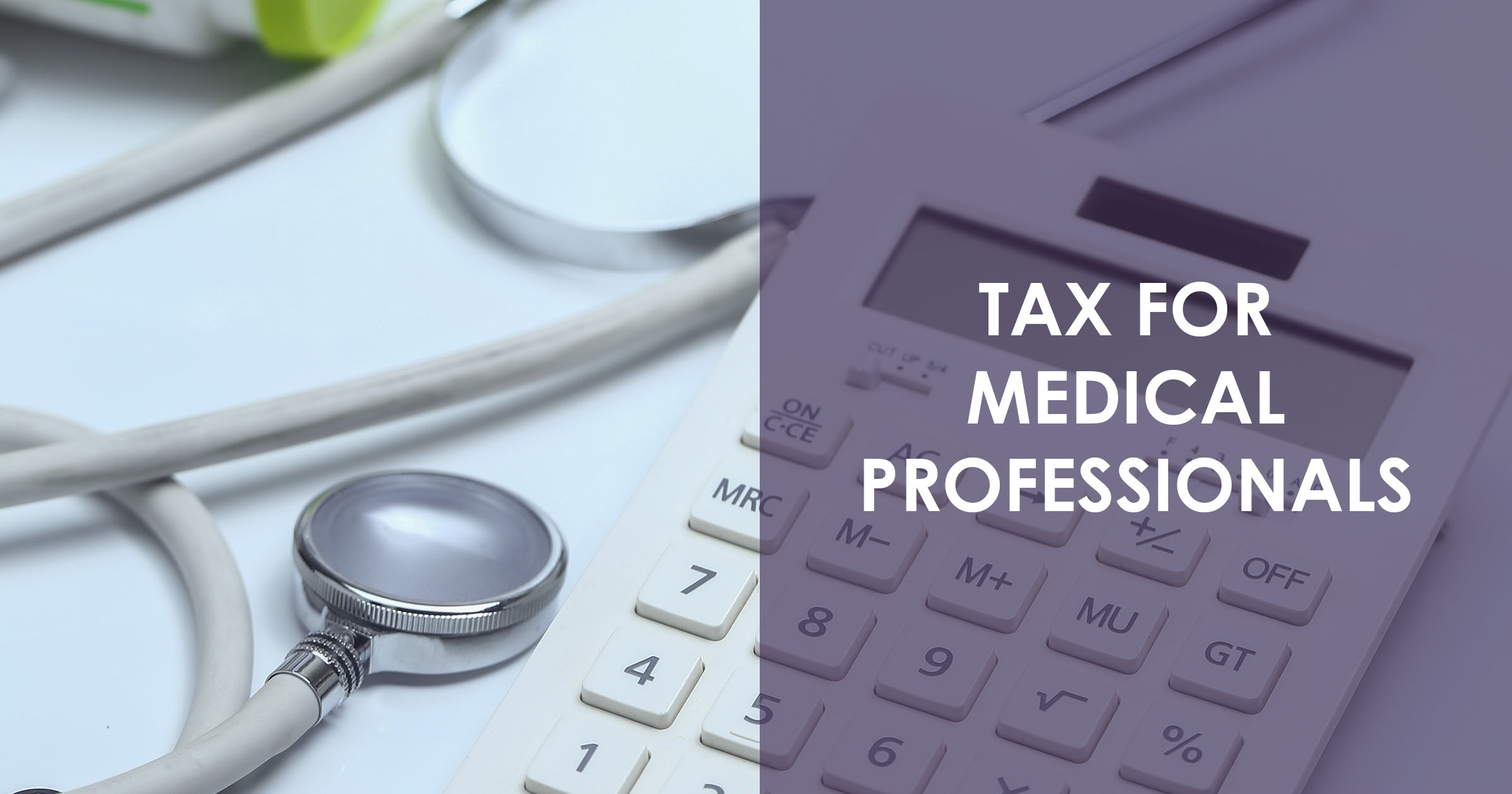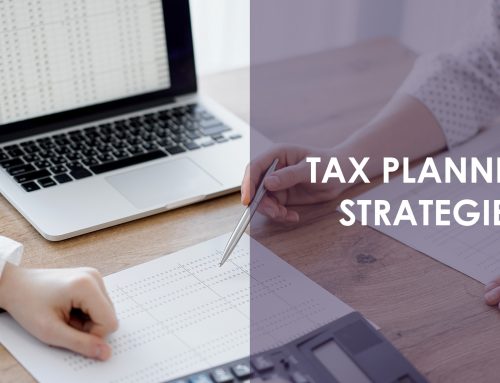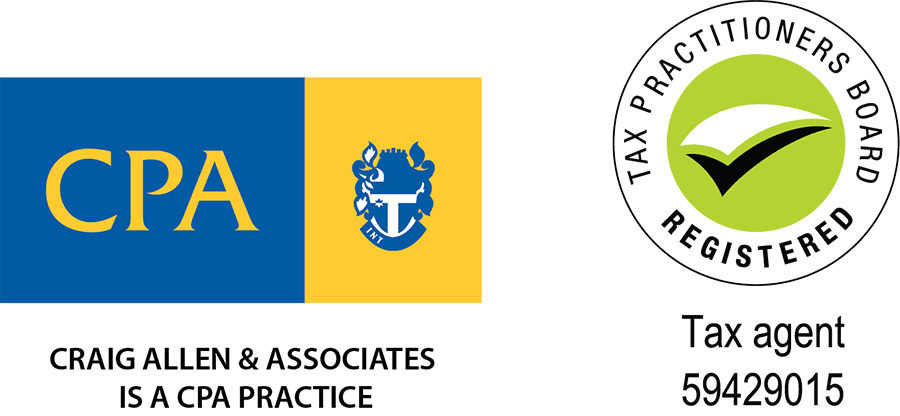Medical Professionals are considered among the highest-income earners in Australia. As such, the tax rates can be pretty high especially if they own the business. This makes tax planning all the more critical to get the best tax result possible.
If you’re a doctor, specialist, or another medical professional, this article will guide you through things you need to know about medical accounting and tax-related issues.
How do accounting and tax differ for medical practitioners?
What sets accounting and tax in the medical industry apart is that a person’s income levels and financial responsibilities significantly change when they advance their career. This means expert tax and cash flow planning should be undertaken to support your business and personal financial needs.
1. Maximise Tax Deductions for Medical Professionals in Australia
Medical practitioners may claim a deduction on business and work-related expenses like motor vehicle expenses or travel expenses. Some of the deductible expenses medical professionals usually claim include medical supplies, equipment, medicines, professional indemnity insurance, professional subscriptions, accreditations, and the like.
There is also the ability to claim a deduction for education expenses if they directly relate to your employment as a medical professional. You may even claim work-from-home expenses so long as you’re eligible for them. It would be easier to hire an accountant and tax agent to help you lodge tax returns, maintain your tax compliance, and get you the best tax result possible.
2. Set up business structures that suit your medical business
Business structures in the medical industry tend to change as doctors or specialists reach milestones of partnership or owning a medical practice.
As such, setting up new structures becomes an option to ensure effective income streaming and asset protection. Commonly, service trusts are set up as it allows you to distribute income to beneficiaries. The right medical business structure allows you to minimise tax and grow your wealth so it’s highly recommended that you get an expert to advise you.
3. Employ effective tax and cash flow planning strategies
Even though they are considered high-income earners, medical professionals often face cash flow pressures due to high-income taxes, living expenses, school fees, and mortgage repayments. This is where proper cash flow management and tax planning come into place, especially for the ones who own medical practices.
Conducting a cash flow analysis is important to understand where your money is coming from and where it’s going. Good record keeping, such as consistently preparing cash flow statements, is the first step to ensuring your money is being put to good use. Once you have that sorted, you can consult an accountant for doctors to help you legally minimise your tax and, ultimately, save more money.
4. Consider setting up a self-managed super fund
Doctors and their spouses usually open several superannuation accounts throughout their careers, each with its own fund manager. A self-managed super fund (SMSF) is often the best option for medical professionals as it enables you to amalgamate your superannuation in one place, gives you the freedom to manage your own money and gives you ample control to allocate assets. It also allows you to purchase property such as consulting rooms or medical facilities using your superannuation money.
Doctors and specialists may also enjoy various tax benefits from having an SMSF like concessional tax rates. More importantly, an SMSF gives you more flexibility in drawing pension payments and more control over estate planning. However, it’s best to consult an accountant or financial planning expert beforehand if an SMSF is right for you.
5. Ensure Service Fees are calculated in line with acceptable ATO standards
Medical professionals commonly engage with associated entities to provide them with service arrangements. Your service fees and charges must be correctly calculated according to ATO standards. When fees are found to be grossly excessive, all or part of the fees may be nondeductible.
To ensure your service fees and charges are correctly calculated, you can review them using indicative rates or using comparable market prices. However, higher rates can be acceptable if the service is highly-specialised. If you are unsure about your service fees, it helps to hire a business consultant to help you sort things out.
6. Contact Craig Allen & Associates
We understand that medical professionals, doctors and specialists face a huge amount of pressure attending to patients and running their practice. Which can make it difficult for you to get on top of your business and tax obligations. This is why a good accountant and business advisor like Craig Allen & Associates can greatly make your life easier. Through our specialised business, tax and accounting services, we can legally minimise your tax, improve your record-keeping, and significantly increase the profitability of your medical business.
Now is the time to make a booking with us by contacting our team at 039 558 7316 or emailing us at craig@craigallen.com.au.
SHARE THIS ARTICLE








